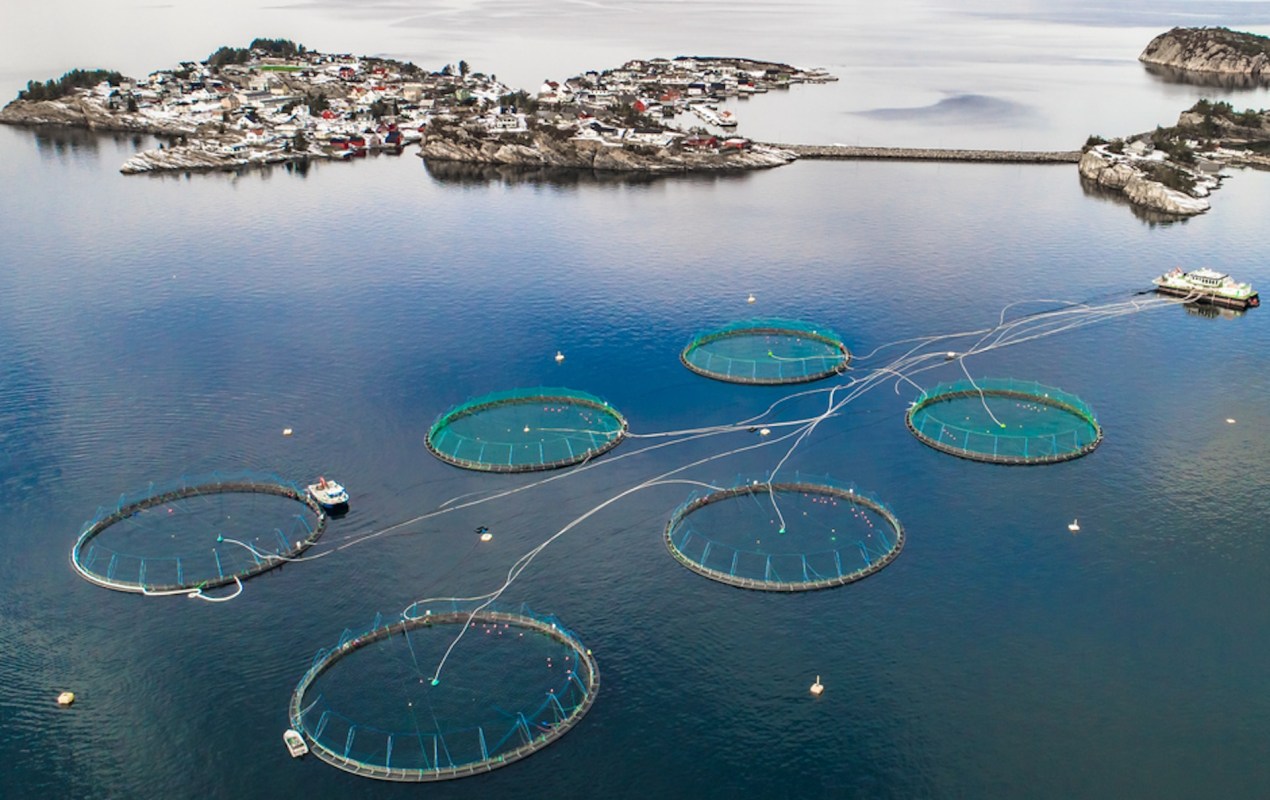The Norwegian Food and Safety Authority has authorized a genetically modified rapeseed oil made by Nuseed for use in fish feed, making it the first bioengineered commodity approved in the Scandinavian country.
The product, Aquaterra, is derived from Nuseed's proprietary rapeseed oil, which the company says is the world's first plant-based source of the three primary omega-3 fatty acids: DHA, EPA, and ALA.
Unlike standard rapeseed oil — otherwise known as canola oil — Aquaterra combines genes from algae and rapeseed oil, giving it twice the amount of omega-3 fatty acids than the latter under normal circumstances.
Fishmeal made with Aquaterra passed the NFSA's assessment, as research found that it did not pose an increased risk to the health of the fish or the environment relative to other conventional fish feeds. The organization also deemed the fish that ate Aquaterra-based diets safe for human consumption.
"This approval is groundbreaking and a validation of Aquaterra's safety and importance to Norway's salmon industry," Nuseed Group Executive Brent Zacharias said.
It's a promising development since Aquaterra can prevent the exploitation of wild-caught fish — the primary source of omega-3 fatty acids — while promoting the growth of the aquaculture industry.
A press release from Nuseed noted that omega-3 oils are crucial to the health of farm-raised salmon and that studies conducted on salmon feeding on food made with Aquaterra produced "higher quality fillets with increased omega-3 content."
That testing was likely a factor in the NSFA's clearance of the oil since Norway is the global leader in farmed salmon production at 1.76 million tons each year.
Aquaterra is one of many examples of scientists genetically modifying plants to help offset the effects of human activities. German-based agriculture company Bayer is working on a corn that is climate change–proof. Meanwhile, French startup Neoplants created a tropical vine that has the air purification capabilities of 30 regular plants.
"Advancing the seafood industry is essential because farmed fish are less resource intensive, with a lower-carbon impact than other proteins," Nuseed Global General Manager Benita Boettner said.
Join our free newsletter for weekly updates on the coolest innovations improving our lives and saving our planet.









